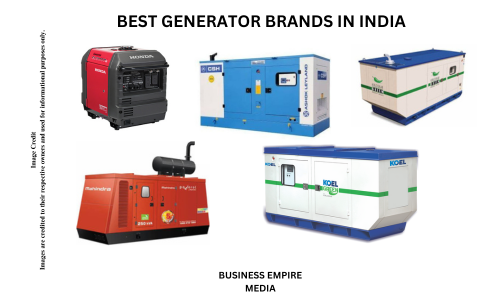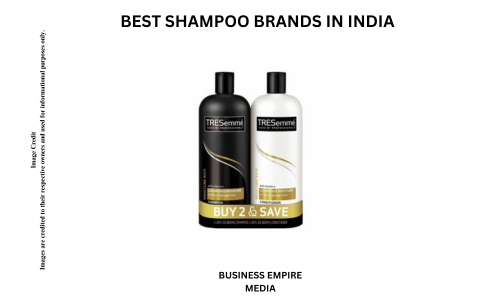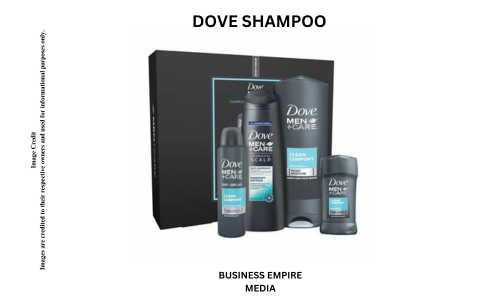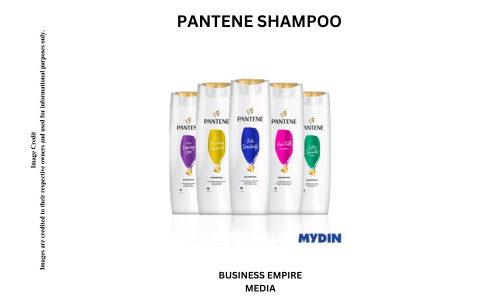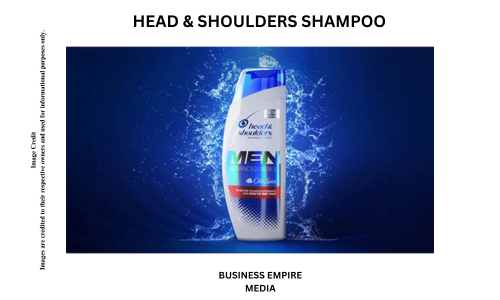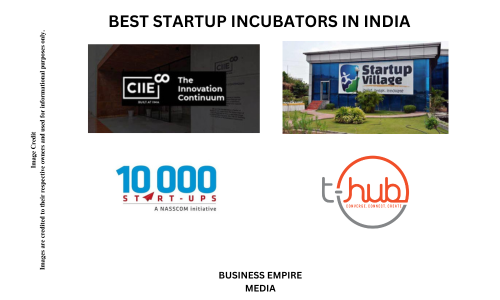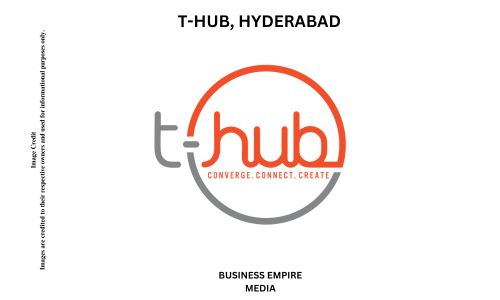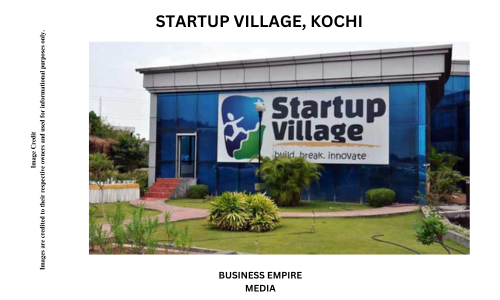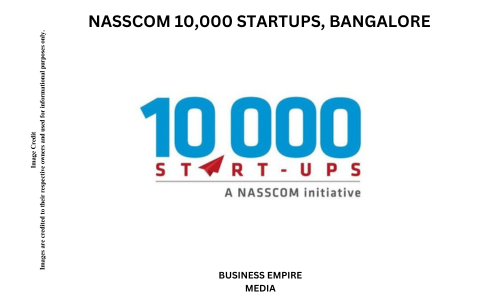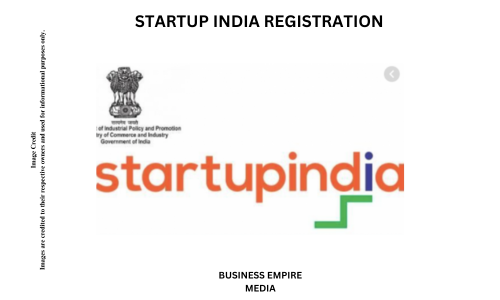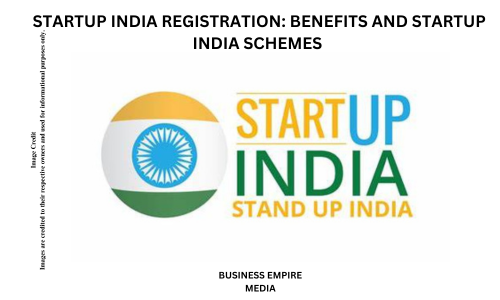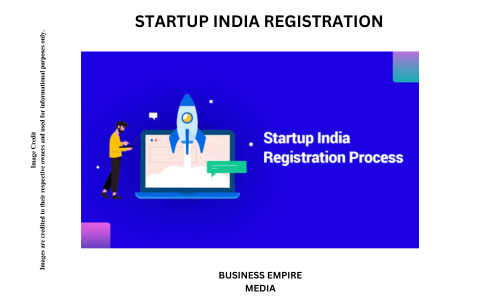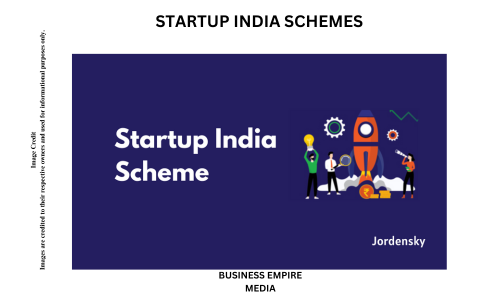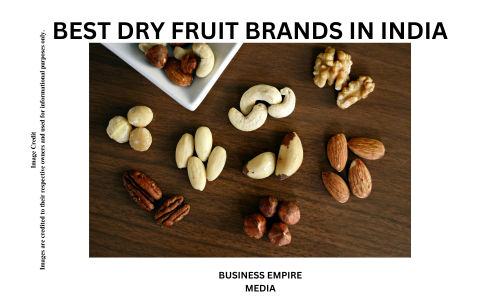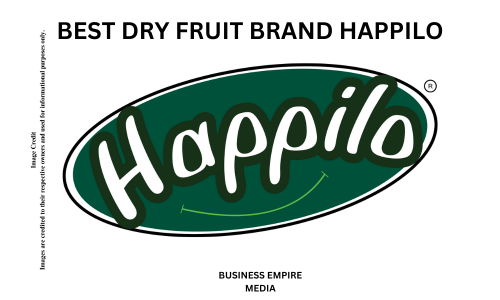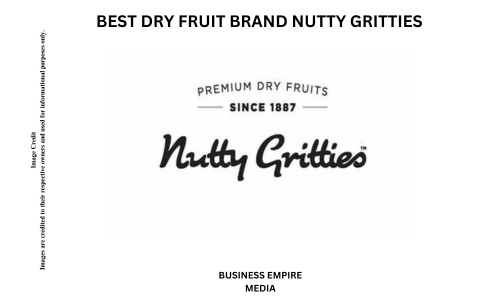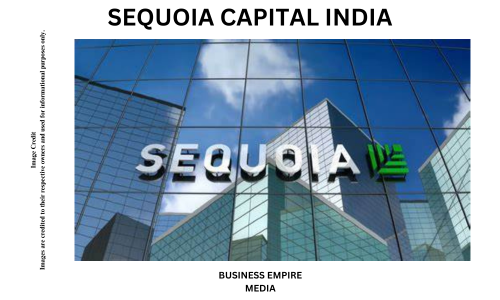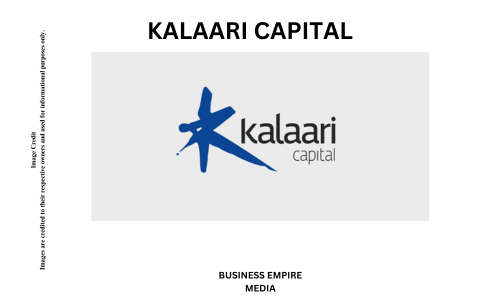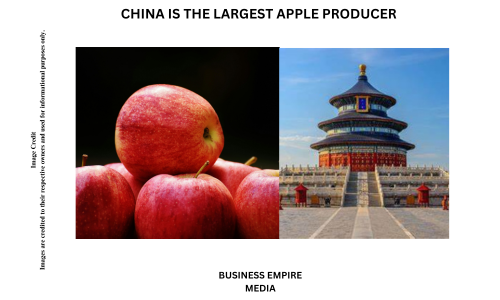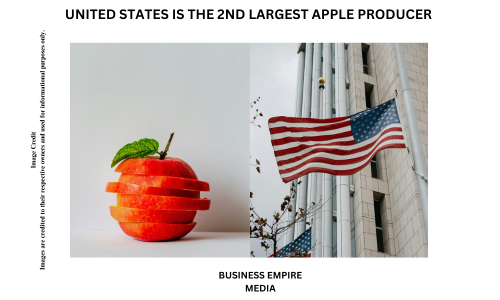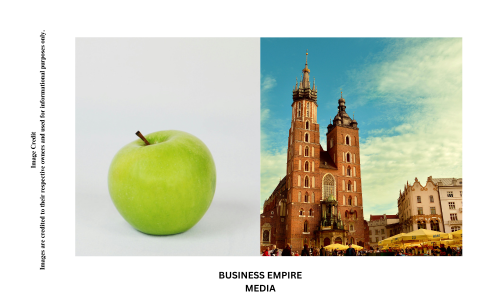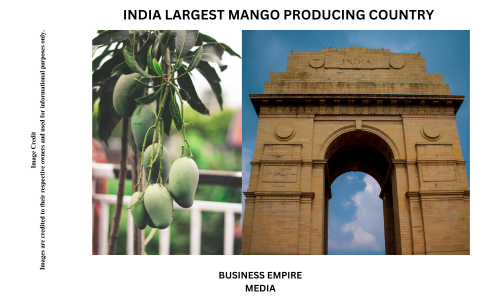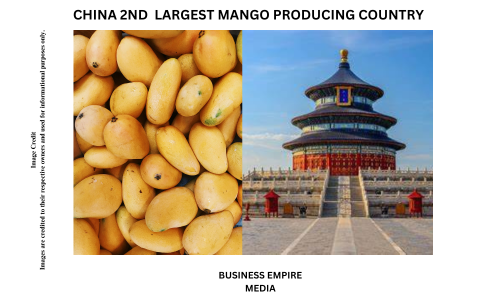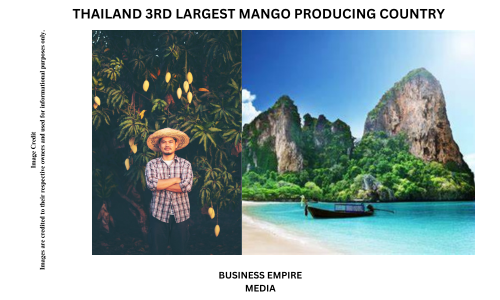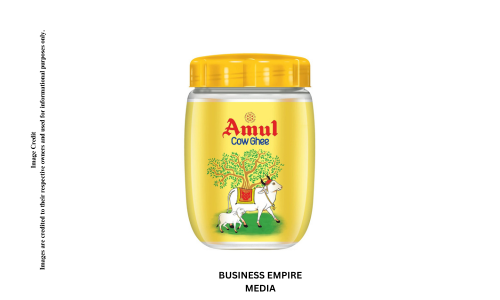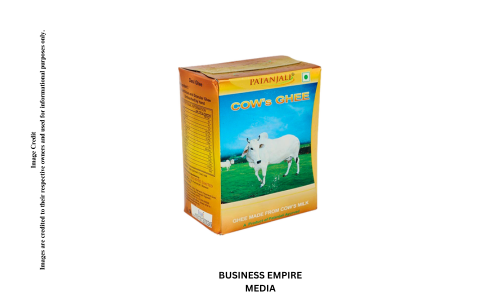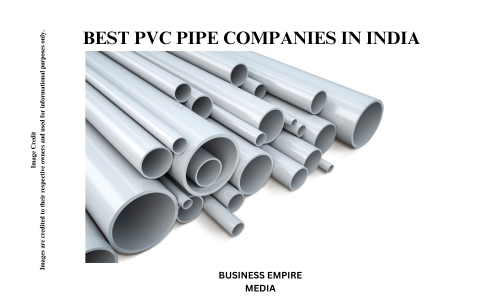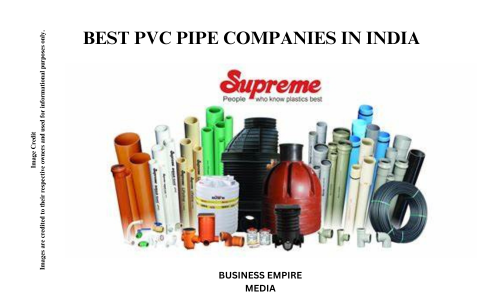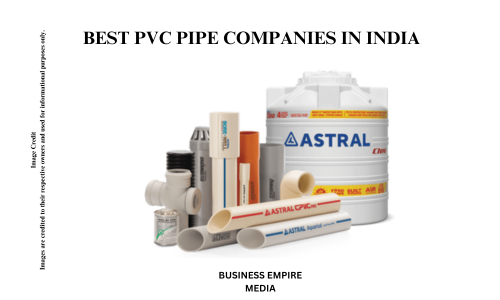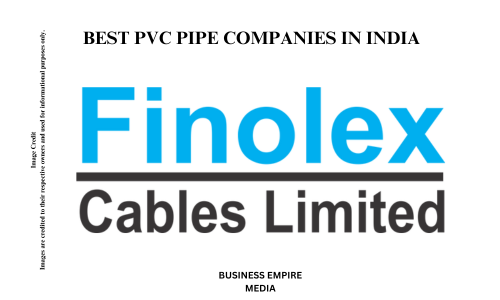Generators have become essential for both residential and commercial purposes, providing backup power during outages and ensuring the continuity of operations. In India, where power interruptions are common in many areas, having a reliable generator is crucial.
Here’s a look at some of the best generator brands in India that are known for their quality, reliability, and performance.
1. Kirloskar Generators
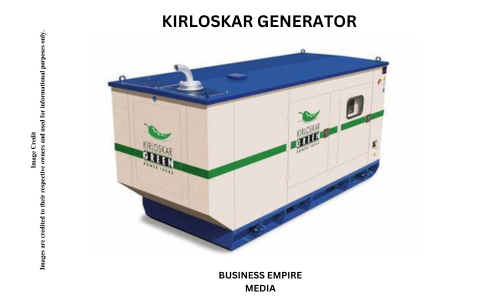
Introduction:
Kirloskar, a pioneer in the Indian power solutions industry, is renowned for its innovative and reliable generators. With over a century of experience, Kirloskar has built a strong reputation for delivering high-quality power backup solutions tailored to the needs of residential, commercial, and industrial users. The brand’s dedication to excellence, durability, and customer satisfaction has made it a trusted name across India.
Product Portfolio:
Kirloskar offers a diverse range of generators that cater to various power requirements:
- Diesel Generators: Kirloskar’s diesel generators are known for their robustness, efficiency, and long operational life. They are available in a wide range of power outputs, making them suitable for everything from small homes to large industrial plants.
- Gas Generators: For customers looking for cleaner energy options, Kirloskar provides gas-powered generators that offer reduced emissions and operational costs. These generators are ideal for use in environments where natural gas is accessible.
- Portable Generators: Compact and mobile, these generators are perfect for residential use, small businesses, and outdoor events. They combine convenience with reliability.
Top Models:
Kirloskar’s product range includes some of the top-performing models in the market:
- Kirloskar Green 5 kVA Diesel Generator: Ideal for small homes and businesses, this model is known for its fuel efficiency and compact design.
- Kirloskar iGreen 125 kVA Diesel Generator: Designed for larger commercial establishments and industries, this model features advanced technology, including remote monitoring capabilities and low fuel consumption.
- Kirloskar iGreen 25 kVA Gas Generator: This eco-friendly model is perfect for customers looking for a cleaner power source. It combines efficiency with low emissions, making it suitable for commercial and residential use.
- Kirloskar Silent DG Sets: These models range from 10 kVA to 2000 kVA and are known for their ultra-quiet operation, making them ideal for noise-sensitive environments like hospitals and educational institutions.
Key Features:
- High Efficiency: Kirloskar generators are designed to provide maximum power output with minimum fuel consumption, ensuring cost-effective operation.
- Durability: Built with high-quality materials, Kirloskar generators are engineered to withstand tough conditions and provide long-lasting performance.
- Advanced Technology: Featuring smart control systems, remote monitoring, and automatic start-stop functions, Kirloskar generators offer the latest in generator technology.
- Low Noise Levels: Many Kirloskar models are designed to operate quietly, making them suitable for residential areas and other noise-sensitive environments.
- Environmentally Friendly Options: Kirloskar’s gas generators are designed to minimize environmental impact with low emissions and high fuel efficiency.
Warranty:
Kirloskar provides comprehensive warranty coverage for their generators, ensuring peace of mind for customers:
- Standard Warranty: Typically ranges from 1 to 2 years, depending on the model and application.
- Extended Warranty: Customers have the option to purchase extended warranties, offering additional coverage beyond the standard period.
- Service and Support: Kirloskar’s extensive service network across India ensures prompt and efficient after-sales support, including regular maintenance and access to genuine spare parts.
2. Honda Generators
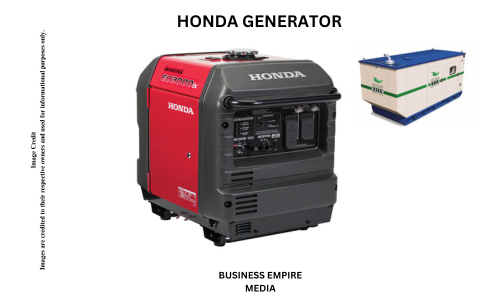
Introduction:
Honda, a global leader in power products, has established a strong presence in the Indian generator market. Known for its advanced technology, superior build quality, and environmental consciousness, Honda generators are widely trusted for providing reliable power solutions. The brand’s commitment to innovation and customer satisfaction has made it a preferred choice for both residential and commercial users across India.
Product Portfolio:
Honda offers a diverse range of generators designed to meet various power needs:
- Portable Generators: Honda’s portable generators are ideal for small homes, outdoor events, and small businesses. These generators are lightweight, easy to transport, and offer reliable power on the go.
- Inverter Generators: Honda’s inverter generators are known for their clean and stable power output, making them perfect for sensitive electronics like computers and medical equipment. They are also fuel-efficient and ultra-quiet, making them suitable for residential areas.
- Standby Generators: Designed for larger homes and commercial establishments, Honda’s standby generators automatically start during a power outage, ensuring uninterrupted power supply.
Top Models:
Honda’s product line includes some of the most popular and highly regarded generator models:
- Honda EU 30iS Inverter Generator: This model is highly appreciated for its compact design, fuel efficiency, and quiet operation. It’s perfect for homes and small businesses that require clean and stable power.
- Honda EB 10000 Portable Generator: Ideal for construction sites and large commercial operations, this model offers high power output, durability, and advanced features like an electric start.
- Honda EU 70is Inverter Generator: This powerful yet quiet generator is known for its fuel efficiency and long run time. It’s suitable for large homes and businesses needing reliable backup power.
Key Features:
- Advanced Inverter Technology: Honda’s inverter generators provide clean and stable power, making them ideal for sensitive electronic devices.
- Fuel Efficiency: Honda generators are designed for optimal fuel efficiency, reducing operational costs and environmental impact.
- Quiet Operation: Many Honda models are engineered to operate quietly, ensuring minimal disturbance in residential areas and other noise-sensitive environments.
- Compact and Portable: Honda’s portable generators are lightweight and easy to transport, making them ideal for use in various locations.
3. Mahindra Powerol Generators
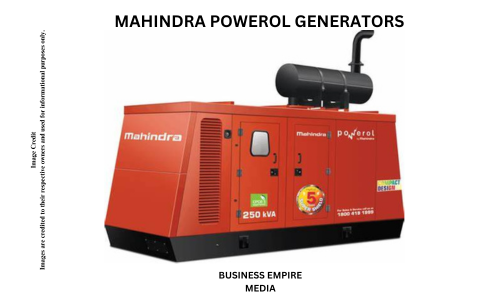
Introduction:
Mahindra Powerol, a division of the Mahindra Group, is a prominent player in the Indian power generation industry. Since its inception, Mahindra Powerol has quickly gained a reputation for providing reliable, efficient, and eco-friendly power solutions. Known for its innovative approach and commitment to quality, the brand has become a trusted choice for both residential and industrial users across India.
Product Portfolio:
Mahindra Powerol offers a comprehensive range of generators designed to cater to diverse power requirements:
- Diesel Generators: Mahindra Powerol’s diesel generators are known for their durability, fuel efficiency, and robust performance. These generators are suitable for a wide range of applications, from small businesses to large industrial plants.
- Gas Generators: Mahindra Powerol’s gas generators provide a cleaner and more environmentally friendly power solution, ideal for areas with a steady supply of natural gas.
- Portable Generators: Compact and mobile, these generators are perfect for residential use, small businesses, and outdoor events, offering reliable power in a convenient package.
- Silent Generators: Designed to operate with minimal noise, Mahindra Powerol’s silent generators are ideal for noise-sensitive environments such as hospitals, educational institutions, and residential areas.
Top Models:
Mahindra Powerol’s product range includes several top-performing models that are well-regarded in the market:
- Mahindra Powerol 15 kVA Diesel Generator: This model is popular among small businesses and residential users for its compact design, fuel efficiency, and reliable performance.
- Mahindra Powerol 62.5 kVA Diesel Generator: Ideal for medium-sized businesses and commercial establishments, this model offers robust power output with advanced features like remote monitoring and easy maintenance.
- Mahindra Powerol 125 kVA Gas Generator: This eco-friendly model is perfect for industries looking to reduce their carbon footprint while ensuring reliable power supply.
Key Features:
- Fuel Efficiency: Mahindra Powerol generators are engineered to maximize fuel efficiency, reducing operational costs and environmental impact.
- Advanced Technology: Equipped with features like remote monitoring, automated start-stop functions, and smart control panels, these generators offer the latest in power generation technology.
- Low Noise Levels: Many models are designed to operate quietly, making them suitable for use in residential areas and other noise-sensitive environments.
- Durability: Built with high-quality materials, Mahindra Powerol generators are designed to withstand tough conditions and provide long-lasting performance.
- Eco-Friendly Options: Mahindra Powerol’s gas generators offer a cleaner energy solution, with lower emissions and a smaller carbon footprint.
4. Cummins Generators
Introduction:
Cummins, a global leader in power solutions, is synonymous with durability, innovation, and reliability. With a strong presence in the Indian market, Cummins offers a wide range of generators that cater to the diverse power needs of residential, commercial, and industrial users. Known for their advanced engineering and commitment to sustainability, Cummins generators are a preferred choice for those seeking dependable and efficient power backup solutions.
Product Portfolio:
Cummins provides a comprehensive range of generators designed to meet various power requirements:
- Diesel Generators: Cummins’ diesel generators are renowned for their robust performance, fuel efficiency, and long operational life. They are available in a wide range of power outputs, suitable for everything from small businesses to large industrial applications.
- Gas Generators: Offering cleaner energy options, Cummins’ gas generators are designed for reduced emissions and are ideal for environments where natural gas is available.
- Portable Generators: Compact and mobile, Cummins’ portable generators are perfect for residential use, small businesses, and outdoor events. They combine convenience with reliability.
- Silent Generators: Designed to operate with minimal noise, Cummins’ silent generators are ideal for noise-sensitive environments such as hospitals, educational institutions, and residential areas.
Top Models:
Cummins’ product lineup includes several top-performing models that are well-regarded in the market:
- Cummins C38 D5 Diesel Generator: This model is popular for small businesses and residential users, offering reliable performance and fuel efficiency in a compact design.
- Cummins C150 D5 Diesel Generator: Ideal for medium to large commercial establishments, this model provides robust power output, advanced features like remote monitoring, and easy maintenance.
- Cummins GTA50 Gas Generator: This eco-friendly model is perfect for industries and commercial setups looking to reduce their carbon footprint while ensuring a reliable power supply.
- Cummins 500 kVA Silent Diesel Generator: Designed for large industrial applications, this model offers high power output, low noise operation, and advanced technology for efficient and reliable performance.
Key Features:
- High Efficiency: Cummins generators are engineered to provide maximum power output with minimum fuel consumption, ensuring cost-effective operation.
- Advanced Technology: Featuring smart control systems, remote monitoring, and automatic start-stop functions, Cummins generators offer the latest in power generation technology.
- Low Noise Levels: Many Cummins models are designed to operate quietly, making them suitable for residential areas and other noise-sensitive environments.
- Durability: Built with high-quality materials, Cummins generators are designed to withstand tough conditions and provide long-lasting performance.
5. Greaves Cotton Generators
Introduction:
Greaves Cotton, a leading engineering company in India, has a rich legacy spanning over 160 years. The company is well-known for its innovative and reliable power solutions, including a wide range of generators. Greaves Cotton generators are trusted across various sectors for their efficiency, durability, and cost-effectiveness. With a strong focus on sustainability and customer satisfaction, Greaves Cotton continues to be a prominent name in the Indian power generation industry.
Product Portfolio:
Greaves Cotton offers a diverse range of generators to meet the varied power needs of its customers:
- Diesel Generators: Greaves Cotton’s diesel generators are known for their robust construction, fuel efficiency, and long operational life. These generators are suitable for a variety of applications, from small businesses to large industrial setups.
- Gas Generators: The company’s gas generators provide an eco-friendly alternative to traditional power solutions, with lower emissions and cleaner energy output.
- Portable Generators: Greaves Cotton’s portable generators are compact and easy to transport, making them ideal for residential use, small businesses, and outdoor events.
- Silent Generators: Designed to operate with minimal noise, Greaves Cotton’s silent generators are perfect for use in noise-sensitive environments such as hospitals, schools, and residential areas.
Top Models:
Greaves Cotton’s lineup includes several top-performing generator models that are widely recognized in the market:
- Greaves Power G 30D Diesel Generator: This model is popular for its compact size, fuel efficiency, and reliable performance, making it ideal for small businesses and residential users.
- Greaves Power G 125D Diesel Generator: Suitable for medium-sized commercial establishments, this model offers high power output, advanced features, and easy maintenance.
- Greaves Power G 250D Diesel Generator: This model is designed for larger industrial applications, providing robust power output, durability, and advanced technology for efficient operation.
- Greaves Power G 25 NG Gas Generator: This eco-friendly model is perfect for businesses looking to reduce their carbon footprint while ensuring a reliable power supply.
Key Features:
- Fuel Efficiency: Greaves Cotton generators are engineered for optimal fuel consumption, reducing operational costs and environmental impact.
- Durability: Built with high-quality materials, these generators are designed to withstand tough conditions and provide long-lasting performance.
- Advanced Technology: Greaves Cotton generators come equipped with features like remote monitoring, automated start-stop functions, and smart control panels, offering the latest in power generation technology.
- Low Noise Operation: Many models are designed to operate quietly, making them suitable for use in residential areas and other noise-sensitive environments.
- Eco-Friendly Options: The company’s gas generators offer a cleaner energy solution, with lower emissions and reduced environmental impact.
6. Tata Power Generators
Introduction:
Tata Power, a part of the Tata Group, is one of India’s largest and most respected energy companies. With over a century of experience in the power sector, Tata Power has a strong reputation for delivering reliable, sustainable, and innovative energy solutions. The company’s generator division is known for its high-quality, efficient, and durable generators that cater to a wide range of power needs across residential, commercial, and industrial sectors.
Product Portfolio:
Tata Power offers a diverse range of generators, designed to meet the varying power requirements of its customers:
- Diesel Generators: Tata Power’s diesel generators are known for their robust performance, fuel efficiency, and longevity. These generators are suitable for applications ranging from small businesses to large industrial plants.
- Gas Generators: Tata Power’s gas generators offer an environmentally friendly alternative, with lower emissions and cleaner energy output, ideal for areas with a steady supply of natural gas.
- Portable Generators: Compact and mobile, Tata Power’s portable generators are perfect for residential use, small businesses, and outdoor events, providing reliable power wherever needed.
- Silent Generators: Tata Power’s silent generators are engineered to operate with minimal noise, making them ideal for noise-sensitive environments such as hospitals, educational institutions, and residential areas.
Top Models:
Tata Power’s product lineup includes several top-performing generator models that are highly regarded in the market:
- Tata Power 15 kVA Diesel Generator: This model is popular among small businesses and residential users for its compact design, fuel efficiency, and dependable performance.
- Tata Power 62.5 kVA Diesel Generator: Designed for medium-sized commercial establishments, this model offers powerful performance, advanced technology, and easy maintenance.
- Tata Power 125 kVA Gas Generator: An eco-friendly choice, this model is perfect for industries seeking to reduce their carbon footprint while ensuring a steady power supply.
- Tata Power 250 kVA Silent Diesel Generator: This model is ideal for large industrial applications, offering high power output, low noise operation, and cutting-edge technology for efficient and reliable performance.
Key Features:
- Fuel Efficiency: Tata Power generators are designed to maximize fuel efficiency, reducing operational costs and environmental impact.
- Durability: Built with high-quality materials and advanced engineering, Tata Power generators are designed for long-lasting performance, even in challenging conditions.
- Advanced Technology: Tata Power’s generators come equipped with modern features such as remote monitoring, automated start-stop functions, and smart control panels, ensuring ease of use and optimal performance.
- Low Noise Operation: Many Tata Power generator models are designed to operate quietly, making them suitable for use in residential areas and other noise-sensitive environments.
- Eco-Friendly Options: Tata Power’s gas generators provide a cleaner energy solution, with lower emissions and a reduced carbon footprint.
7. Ashok Leyland Generators
Introduction:
Ashok Leyland, a key player in the Hinduja Group, is a leading name in the automotive and power solutions sectors in India. With a legacy of over 70 years, Ashok Leyland has established itself as a pioneer in the manufacturing of heavy-duty vehicles and power generation equipment. The company’s generators are renowned for their durability, performance, and technological advancements, serving a wide range of applications from residential to industrial uses.
Product Portfolio:
Ashok Leyland offers a diverse range of generators tailored to various power requirements:
- Diesel Generators: Ashok Leyland’s diesel generators are designed for robust performance and fuel efficiency. They are suitable for a wide array of applications, including small businesses, commercial setups, and large industrial operations.
- Gas Generators: For environmentally conscious users, Ashok Leyland’s gas generators offer a cleaner energy alternative with lower emissions, ideal for locations with access to natural gas.
- Portable Generators: These compact and mobile generators are perfect for residential use, small businesses, and temporary power needs at outdoor events.
- Silent Generators: Designed to operate with minimal noise, these generators are well-suited for use in noise-sensitive environments such as hospitals, educational institutions, and residential areas.
Top Models:
Ashok Leyland’s product lineup includes several prominent models that are highly regarded in the market:
- Ashok Leyland 20 kVA Diesel Generator: A popular choice for residential and small commercial applications, this model combines compact design with reliable performance and fuel efficiency.
- Ashok Leyland 62.5 kVA Diesel Generator: Ideal for medium-sized commercial establishments, this model offers robust power output, advanced technology, and ease of maintenance.
- Ashok Leyland 125 kVA Diesel Generator: Designed for large commercial and industrial applications, this generator provides high power output, durability, and advanced features for efficient operation.
- Ashok Leyland 250 kVA Silent Diesel Generator: Suited for heavy-duty industrial use, this model delivers significant power output while maintaining low noise levels, making it suitable for noise-sensitive environments.
Key Features:
- Fuel Efficiency: Ashok Leyland generators are engineered to optimize fuel consumption, providing cost-effective and environmentally friendly power solutions.
- Durability: Built with high-quality materials and robust engineering, these generators are designed for long-lasting performance under tough conditions.
- Advanced Technology: Featuring modern control systems, remote monitoring capabilities, and automated functions, Ashok Leyland generators offer ease of use and enhanced performance.
- Low Noise Operation: Many models are designed to operate quietly, ensuring minimal disruption in residential and noise-sensitive settings.
- Eco-Friendly Options: The company’s gas generators provide a cleaner alternative with reduced emissions, supporting sustainable energy practices.
8. KOEL Green Generators
Introduction:
KOEL Green, a brand under Kirloskar Oil Engines Limited (KOEL), is renowned for its commitment to providing innovative, eco-friendly power solutions. Leveraging decades of expertise in the power generation industry, KOEL Green focuses on delivering high-performance generators that meet modern energy needs while adhering to stringent environmental standards. The brand is recognized for its dedication to sustainability, efficiency, and reliability in its power generation products.
Product Portfolio:
KOEL Green offers a comprehensive range of generators designed to cater to various power requirements:
- Diesel Generators: KOEL Green’s diesel generators are engineered for high performance, fuel efficiency, and durability. They are suitable for a range of applications, from residential and commercial to industrial settings.
- Gas Generators: Designed to offer a cleaner energy alternative, KOEL Green’s gas generators provide lower emissions and efficient operation, ideal for environments with access to natural gas.
- Portable Generators: Compact and versatile, KOEL Green’s portable generators are ideal for residential use, small businesses, and temporary power needs at events and outdoor locations.
- Silent Generators: With a focus on minimizing noise, KOEL Green’s silent generators are perfect for use in noise-sensitive environments such as hospitals, schools, and residential areas.
Top Models:
KOEL Green’s product lineup includes several top models that stand out for their performance and reliability:
- KOEL Green 10 kVA Diesel Generator: This model is popular for its compact design and fuel efficiency, making it suitable for residential and small commercial applications.
- KOEL Green 30 kVA Diesel Generator: Ideal for medium-sized businesses, this generator offers robust power output, advanced features, and ease of maintenance.
- KOEL Green 75 kVA Diesel Generator: Designed for larger commercial and industrial applications, this model provides high power output, durability, and advanced technology for efficient operation.
- KOEL Green 150 kVA Silent Diesel Generator: This model is well-suited for heavy-duty industrial use, offering significant power output with low noise operation, making it ideal for noise-sensitive environments.
Key Features:
- Fuel Efficiency: KOEL Green generators are designed to maximize fuel efficiency, providing cost-effective power solutions with reduced environmental impact.
- Durability: Constructed with high-quality materials and robust engineering, these generators are built to withstand challenging conditions and offer long-lasting performance.
- Advanced Technology: KOEL Green generators feature modern control systems, remote monitoring, and automated start-stop functions, enhancing user convenience and operational efficiency.
- Low Noise Operation: Many models are engineered to operate quietly, making them suitable for use in residential and noise-sensitive areas.
- Eco-Friendly Design: KOEL Green emphasizes sustainability with generators designed to meet stringent emission standards and reduce the carbon footprint.
